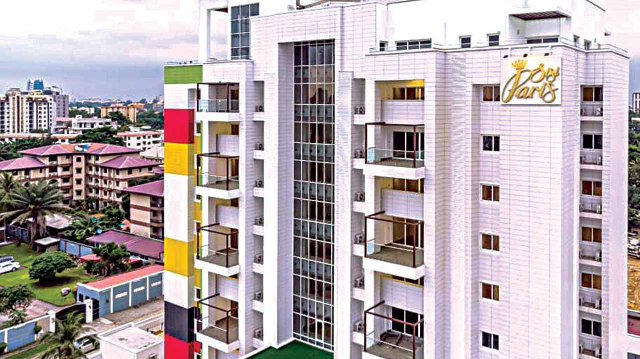Latest statistics from Equipment Leasing Association of Nigeria, ELAN, has shown that a total of 22,988 businesses in Nigeria have secured lease financing to the tune of N3.48 trillion.
The amount is the total value of equipment leasing deals that were completed in the last five years.
The data revealed that outstanding lease volume increased from N780 billion in 2013 to N869 billion in 2014 and is expected to grow higher when the data for 2015 is eventually released, representing a growth rate of 11.3 percent as against 16.8 per cent in 2013.
According to ELAN, the contribution of leasing in the last 15 years is over N4.83 trillion and is becoming more relevant in the Nigeria prevailing situation where access to finance is difficult, especially to Small and Medium Scale Enterprises.
Analysis of the various sectors revealed that, the oil and gas sector dominated the industry with 31.6 per cent of the lease volume closely followed by transportation with 15.8 per cent,
Manufacturing sector grew by 11 per cent, Government, Agriculture and Telecoms all grew above 5 per cent while other sectors recorded 26 per cent growth.
A further breakdown of the statistics indicates that Vehicles as the most leased asset with 50 per cent, Plant/Machinery 29 per cent, Office Equipment 10 per cent while Aircraft Vessels had 2 per cent and others (including house hold equipment) 9 per cent.
In terms of types of lease transactions, finance leases dominated with 75 per cent while operating leases represent 25 per cent.
Operating lease will continue to deepen its market penetration with the increasing demand for the product especially from corporate customers, who are now redefining their business strategy to focus on their core business activity and outsource other services.
The major contributors to leasing in Nigeria include banks playing at the high end of the market in terms of transaction value and supporting other lessors with funds for their transactions. The non-bank lessors however, have better spread representing 80 per cent of lease transactions, with many of them focusing on Small and Medium Scale Enterprises, MSMEs.
Vendors are equally enhancing their visibility in the market place, especially in the consumer market, where they are engaged in the lease of their own products mainly household assets and cars under vendor lease programmes supported by banks in some cases.
Majority of Nigerian lessors are engaged in general leasing, financing different types of asset cutting across various industries, though financial capacity and industry’s knowledge may restrict participation in some specialised cases such as telecommunications, power and agricultural equipment.
In order to further stimulate development of the leasing industry to contribute more effectively to the national economic development, the Federal Government recently enacted the Equipment Leasing bill into law as part of the support frame work.
The new Act is expected to encourage more investments and promote overall economic growth.














22,988 Nigerian Firms Spent N3.48trillion on Equipment Lease in Five Years https://t.co/lPUIezWKB2 https://t.co/12kt7woEX2
22,988 Nigerian Firms Spent N3.48trillion on Equipment Lease in Five Years https://t.co/lb5znxFfgP https://t.co/iZZz9txYkC
NEW POST: 22,988 Nigerian Firms Spent N3.48trillion on #EquipmentLease in Five Years https://t.co/A3pXYnVG5E https://t.co/PZwHJNGfzN